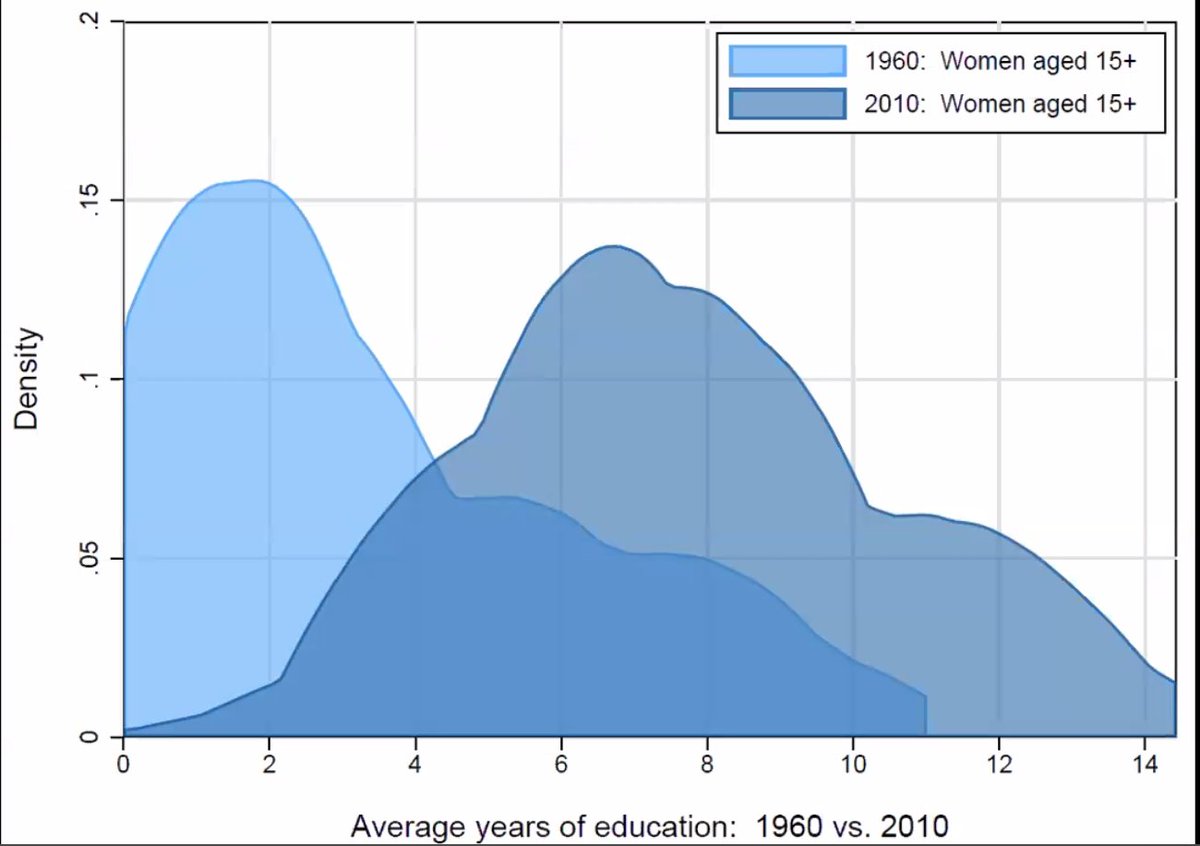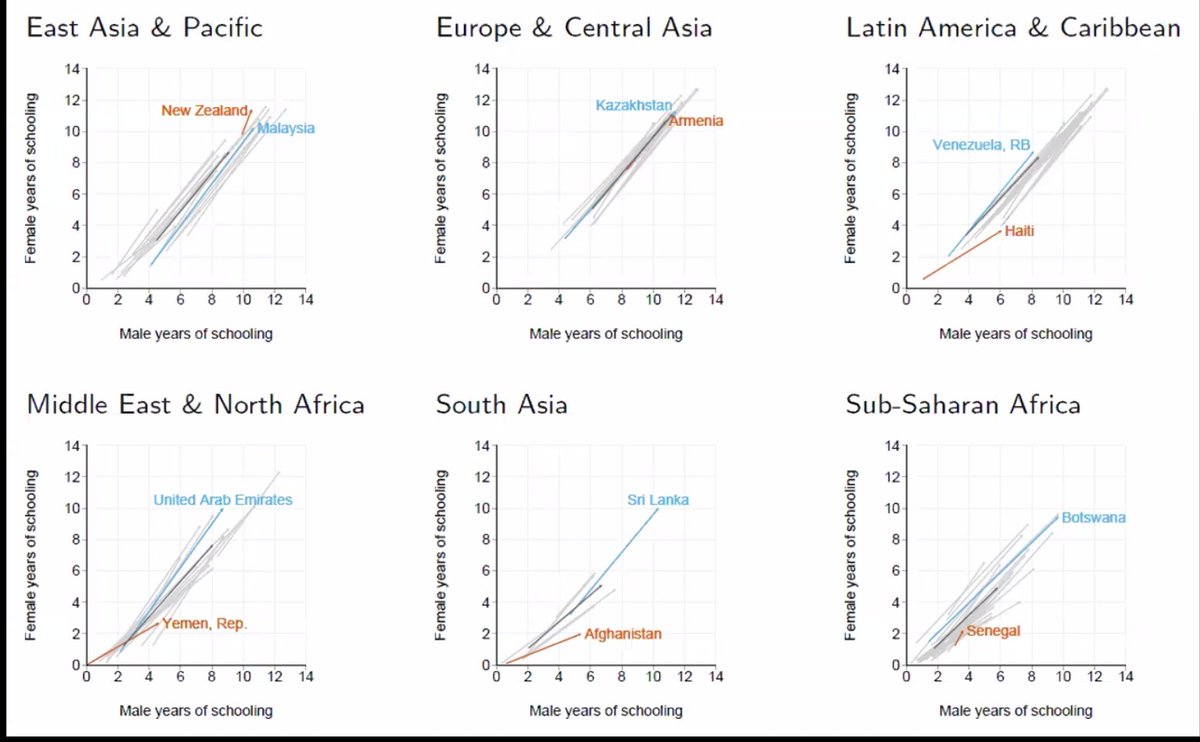
Excited to share our new work on the #pandemic's effect on demand for #public #schools, #homeschooling and #private schools. @kevin_stange @JoshuaSGoodman @abacherhicks
This work resonates personally with me-as it should for anyone attached to the K-12 public school system.🧵
This work resonates personally with me-as it should for anyone attached to the K-12 public school system.🧵
We know, and many of us experienced, how the #Covid_19 pandemic drastically disrupted the functioning of U.S. public schools. But how much, and for whom, did this change the relative appeal of alternatives such as homeschooling and private schools?
We use state administrative data from #Michigan and national data from the Household Pulse Survey to build a consistent picture. 4 main facts emerge.
#1 Public School Enrollment ⬇️ by 3% in Michigan public schools- that is 45k fewer students. There is a strong age gradient in the enrollment drop- kindergarten enrollment ⬇️ by more than 10%. We see a consistent pattern in the national data as well.
#2 So, where are these students in MI going? Big jumps in homeschooling! Only 0.1 percent of students exited for homeschooling prior to the pandemic. this rate jumped by 1 to 2 percentage points during the pandemic. 

#2 (contd) Increase in homseschooling is driven largely by families with children in elementary schools. While majority students who exited the MI school system were homeschooled, the remaining opted for private school.
#3 Does the modality of instruction influence the choice parents make? Yes! Homeschooling increased more where schools provided in-person instruction while private schooling increased more where instruction was remote. Holds for MI & nationally 

#4 Who is missing out on Kindergarten (-10%) ? Enrollment declines in kindergarten were concentrated among low income and Black students. Smaller declines in other grades and for incumbent students were disproportionately among higher income and White students.
With rising cases of COVID-19 in children following schools opening across the U.S., families are increasingly concerned about if return to school is safe. State and districts leaders are grappling with decisions on offering various modalities of instruction
What do our findings imply? Either decision—whether it be to hold remote, hybrid, or in-person instruction—will likely cause substantial continued disengagement from the public education system for some set of families.
What are the implications in the longer term? #1 Drop in funding⬇️💵! If a large percentage of students remain enrolled in alternative sectors, public school systems will face unprecedented drops in funding.
#2 Equity concerns: Since enrollment drops are concentrated among elementary schools serving low-income and Black students, these funding challenges will present additional consequences for equity.
#3 Learning: To the extent that students largely re-enroll in the public sector, there will be lingering implications for learning and development, driven by large shifts in cohort size, composition, and students’ educational preparation, specially for kindergartners.
#4 Potential organizational and staffing challenges, due to shifts in cohort size and managing a larger than usual and mixed age set of students in entering cohorts
More info in the Policy Brief edpolicy.umich.edu/sites/epi/file…
& the paper edpolicy.umich.edu/sites/epi/file…
Thanks to @mieducation and @MISchoolData
& staff at @edpolicyford & @wheelock_policy
& the paper edpolicy.umich.edu/sites/epi/file…
Thanks to @mieducation and @MISchoolData
& staff at @edpolicyford & @wheelock_policy
• • •
Missing some Tweet in this thread? You can try to
force a refresh






